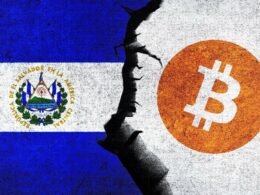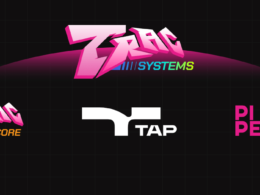In an interview yesterday, Cardano and Ethereum co-founder Charles Hoskinson expressed concerns over Bitcoin’s governance model and its limitations in development. The discussion, hosted by crypto YouTuber Coin Bureau, offered insights into contrasting governance models between Cardano and Bitcoin.
Governance Models and their Impact
The concept of governance in blockchain platforms is increasingly gaining attention as the industry matures. Governance mechanisms dictate how decisions are made and implemented within a blockchain ecosystem, directly impacting its adaptability and long-term viability. Hoskinson pointed out the approach to governance as a key differentiator between Cardano and Bitcoin. He remarked on Bitcoin’s “inability to upgrade,” stating, “Bitcoin’s lack of governance has held it back in so many ways. [By drawing from successful governance systems] we can sort out a lot of the problems Bitcoin has had with its inability to upgrade.”
Hoskinson cited specific instances where Bitcoin’s governance has led to missed developmental milestones. For example, he mentioned Bitcoin’s failure to implement colored coins and sidechains. Colored coins are a concept that involves tagging specific Bitcoin transactions to represent ownership of external assets, often cited as an early precursor to modern Non-Fungible Tokens (NFTs), while sidechains are separate blockchain ledgers that run parallel to a primary blockchain, allowing for asset transfer and different rule sets without affecting the main network. According to him, these are examples of missed opportunities that resulted from the cryptocurrency’s existing developer structure.
Culture and Adaptability
Culture within a blockchain community can be a double-edged sword. On the one hand, a strong, unified culture can help maintain the integrity and focus of a project. On the other hand, it can lead to stagnation if it becomes too resistant to external ideas and innovations. Hoskinson described Bitcoin as having a “religious monoculture” or “cult” that treats the opinions of core developers as beyond questioning. This, he argued, stands in direct opposition to Cardano’s goal of being an “open-source project” that can “admit maybe somebody else had a better idea” than its founders.
Hoskinson also discussed the future relevance of Bitcoin in the broader crypto ecosystem. He warned that Bitcoin may become irrelevant due to its inability to dynamically upgrade. While Bitcoin has carved out a “very well-defined role” as “digital gold,” he noted that it has largely abstained from participating in other emerging sectors like decentralized finance and non-currency use cases.
The issues raised by Charles Hoskinson about governance and development within the Bitcoin community invite a broader contemplation on the importance of adaptability in blockchain technology. As the crypto space matures and demands for varied functionalities rise, a governance model that allows for dynamic upgrades could become a major competitive advantage.

















